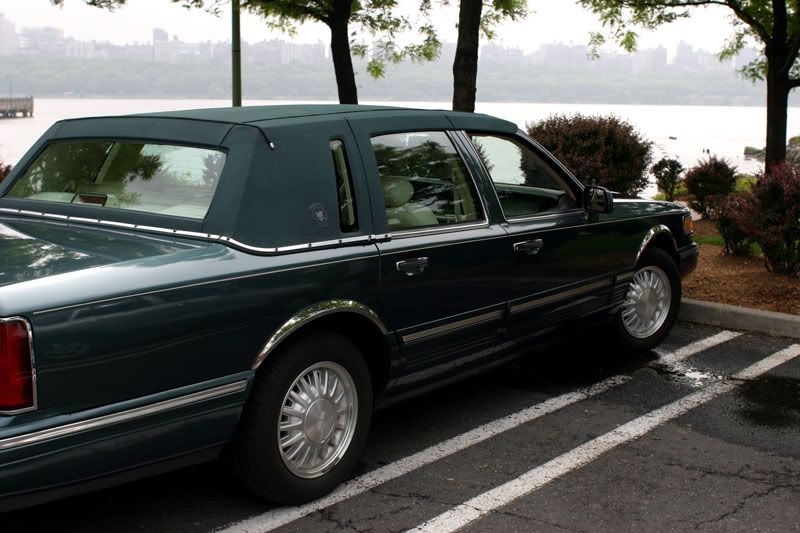Originally Posted By: d00df00d
Originally Posted By: sbergman27
Excuse me, but I drive a lot in New Mexico, Colorado, Wyoming, Montana, and Arizona. The standard speed limit on the Interstates in those states is 75 mph. That's what I drive... and people pass me all the time. Coming back down from Wyoming last week, a couple of the digital banner signs across I25 in northern Colorado were displaying the simple warning "75MPH means 75MPH". I see several people stopped by the highway patrol on most of my trips. And I get the impression that no one is getting stopped for traveling 76MPH.
I'm sure the manufactures are well aware of how people drive here.
Exactly my point. We think 75 MPH is fast.
Most German cars are designed to run at around twice that speed, day-in and day-out, for years. If you were to take those huge stretches of highway where you drive 75 MPH and transplant them into Italy or rural Germany, you might have to drive 90 just to stay on the road.
Perhaps not everyone in Europe drives that quickly, but the point is that that's what the cars are designed to take. That's a big reason why European cars were always so much better to drive than American cars until recently, when the Big Three finally started catching up... which they did largely by bringing in cars and technologies from their European divisons.
Given "everyone" drives 75 MPH to 80 MPH on the roads where 70 MPH is the speed limit, I don't see 75 or 80 MPH as fast. It's just normal. Fast doesn't start until 90 MPH.

Originally Posted By: sbergman27
Excuse me, but I drive a lot in New Mexico, Colorado, Wyoming, Montana, and Arizona. The standard speed limit on the Interstates in those states is 75 mph. That's what I drive... and people pass me all the time. Coming back down from Wyoming last week, a couple of the digital banner signs across I25 in northern Colorado were displaying the simple warning "75MPH means 75MPH". I see several people stopped by the highway patrol on most of my trips. And I get the impression that no one is getting stopped for traveling 76MPH.
I'm sure the manufactures are well aware of how people drive here.
Exactly my point. We think 75 MPH is fast.
Most German cars are designed to run at around twice that speed, day-in and day-out, for years. If you were to take those huge stretches of highway where you drive 75 MPH and transplant them into Italy or rural Germany, you might have to drive 90 just to stay on the road.
Perhaps not everyone in Europe drives that quickly, but the point is that that's what the cars are designed to take. That's a big reason why European cars were always so much better to drive than American cars until recently, when the Big Three finally started catching up... which they did largely by bringing in cars and technologies from their European divisons.
Given "everyone" drives 75 MPH to 80 MPH on the roads where 70 MPH is the speed limit, I don't see 75 or 80 MPH as fast. It's just normal. Fast doesn't start until 90 MPH.




